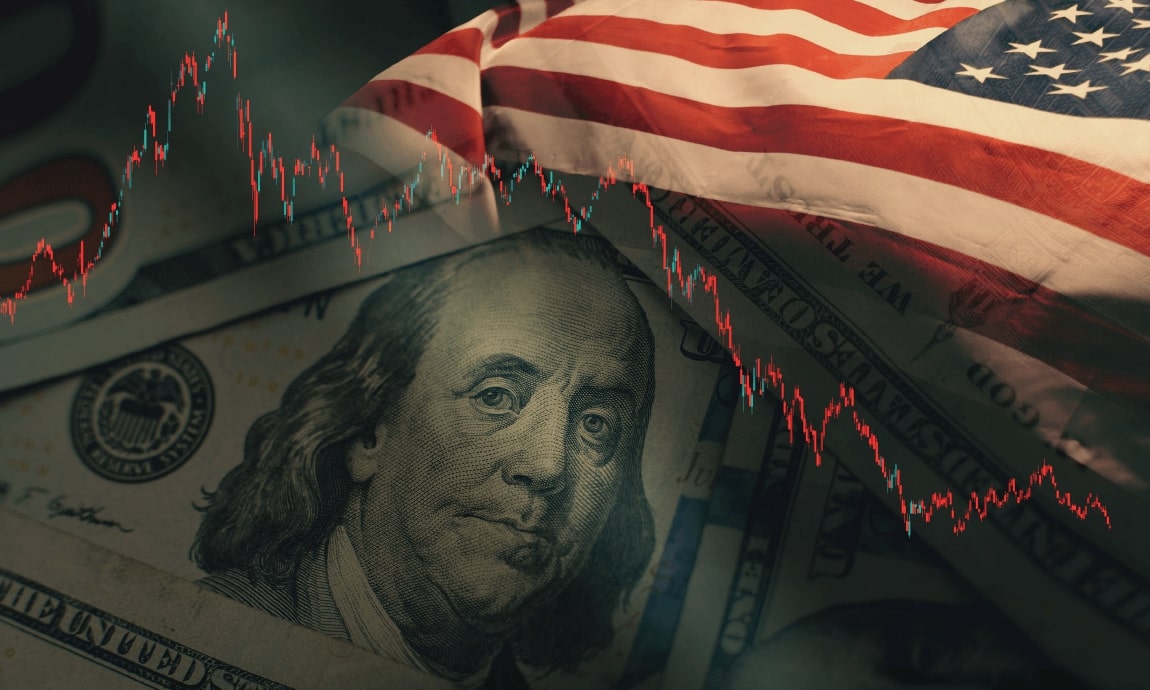U.S. stocks decline amid recession worries despite cooling inflation data
Vrasidas Neofytou
Head of Investment Research

U.S. stock indices ended in negative territory on Wednesday, erasing early gains as recession worries prevailed over the optimism over the cooler-than-expected monthly rise in the U.S. CPI inflation reading in March.
Market reaction:
Growth-sensitive and tech-heavy Nasdaq Composite led losses across the board settling down by 0.85%, the S&P 500 closed 0.41% lower, while the Dow Jones snapped a four-day winning streak, ending the day slightly lower by 0.11%.
Nasdaq Composite, 2-hour chart
At first, stocks started the trading session with strong gains following the release of March’s U.S. CPI-consumer price index report, which showed headline pressures slowed in March to a 5% annual pace, down 1% from February (6%), due to falling energy and food prices.
Yet, the Core CPI, which excludes the volatile energy and food rose 0.4% for March and 5.6% from a year ago, slightly above where it was in February at 5.5%, due to rising shelter costs. Economists had projected that the reading would fall to 5.2%.
The resilient Core inflation is a negative catalyst for the economy, with investors expecting now that it will force Federal Reserve to hike by another 25 bps in the coming FOMC monetary policy meeting on May 02-03 in her fight against elevating prices.
The banking crisis in early March had caused some speculation that the Fed might hold the line on rates, but officials stressed that more needed to be done to tame inflation.
Adding to the above, indices turned negative at the end of the day after the release of the Minutes from the March meeting of the FOMC, which came a few days after the collapse of two regional banks of SVB and Signature.
According to Federal Reserve minutes, the fallout from the U.S. banking crisis is likely to tilt the local economy into a mild recession later this year, with a recovery over the subsequent two years.
In that FOMC meeting, policymakers voted to increase the benchmark borrowing rate by 0.25 percentage points, the ninth increase over the past year, bringing the official Fed funds rate to a target range of 4.75%-5%, its highest level since late 2007.
Important Information: This communication is marketing material. The views and opinions contained herein are those of the author(s) on this page, and may not necessarily represent views expressed or reflected in other Exclusive Capital communications, strategies or funds. This material is intended to be for information purposes only and is not intended as promotional material in any respect. The material is not intended as an offer or solicitation for the purchase or sale of any financial instrument.

